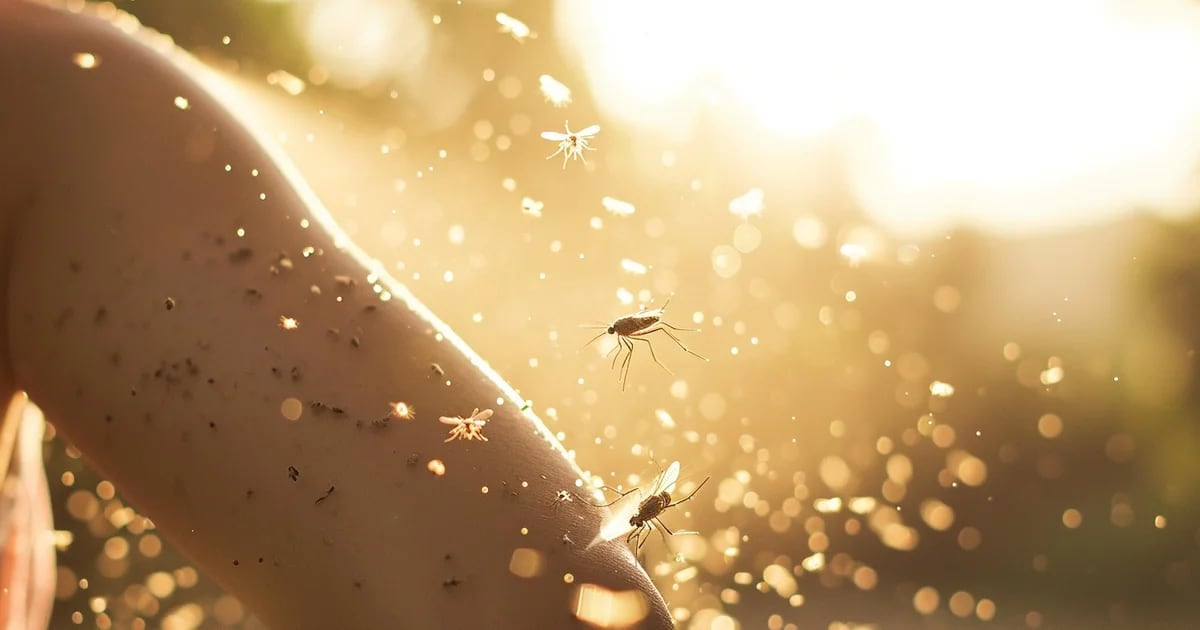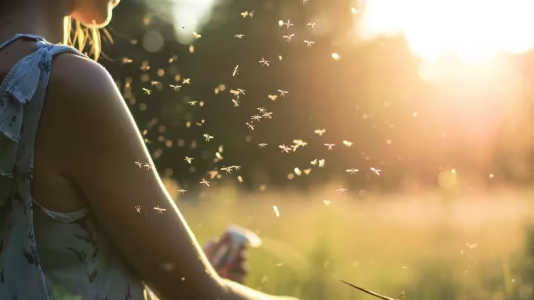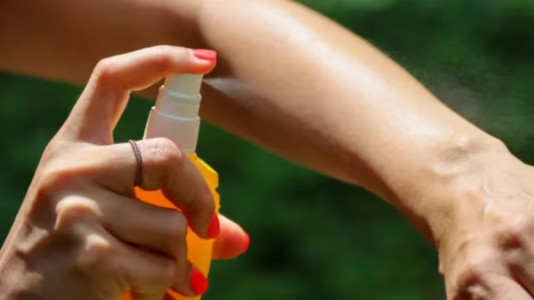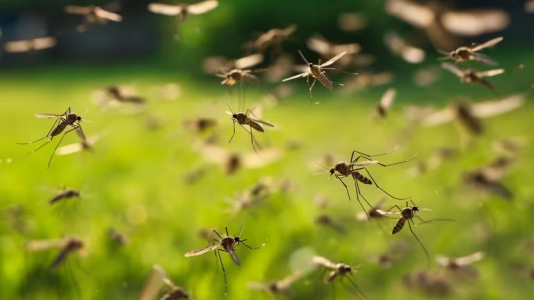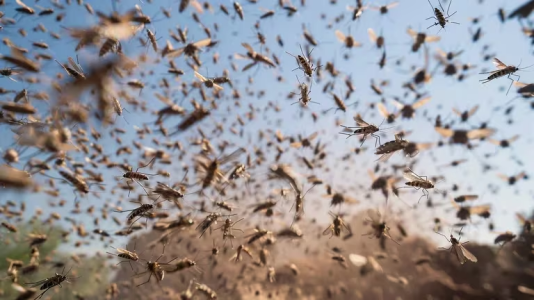CartyHTY
Member
The proliferation of mosquitoes, mainly of the Aedes albifasciatus species, has been strongly felt in the Metropolitan Area of Buenos Aires and other areas of the country due to recent rains. This species, known as "flood mosquitoes", breeds in temporary puddles formed by rainfall. The breeding strategy of this species explains why there is a recurrence of mosquito invasion in the AMBA, as some eggs may hatch after several floods. The mosquito invasion will last approximately 20 days, but it is important to note that these insects do not transmit dengue, unlike Aedes aegypti. The current mosquitoes are more resistant and aggressive due to their wild origin and their adaptation to feed on non-human mammals.
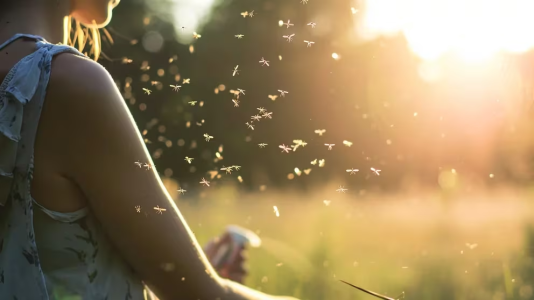
What are the most effective repellents?
The repellents authorized by ANMAT contain different active substances such as DEET, Citronella, IR-3535 and icaridin.
These components are available in different presentations such as lotions, gels, creams, sprays. The application should be renewed according to the indications on the package of each product. In the case of children over two years of age, it is recommended to do it every 45 minutes if they are outdoors.
Are mosquitoes more resistant to repellent? According to biologist Laura Harburguer, a Conicet researcher at the Strategic Research and Development Unit for Defense (UNIDEF), "the use of repellents is necessary despite the fact that flooding mosquitoes, of the Aedes albifaciatus species, do not respond too efficiently to them".
The specialist warned that "according to our studies, the most effective component of the three available in the market is DEET. The different formulations that one can find on the market containing DEET range from 7% to almost 30%. This percentage is what will determine the duration of the repellent effect on the skin".
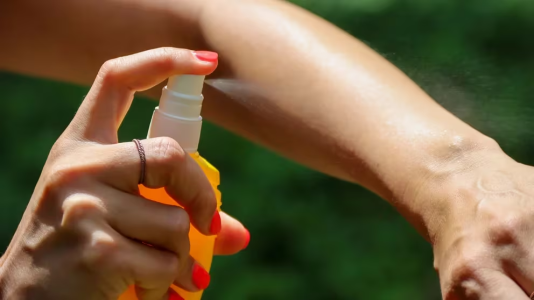
Prevention measures beyond repellent
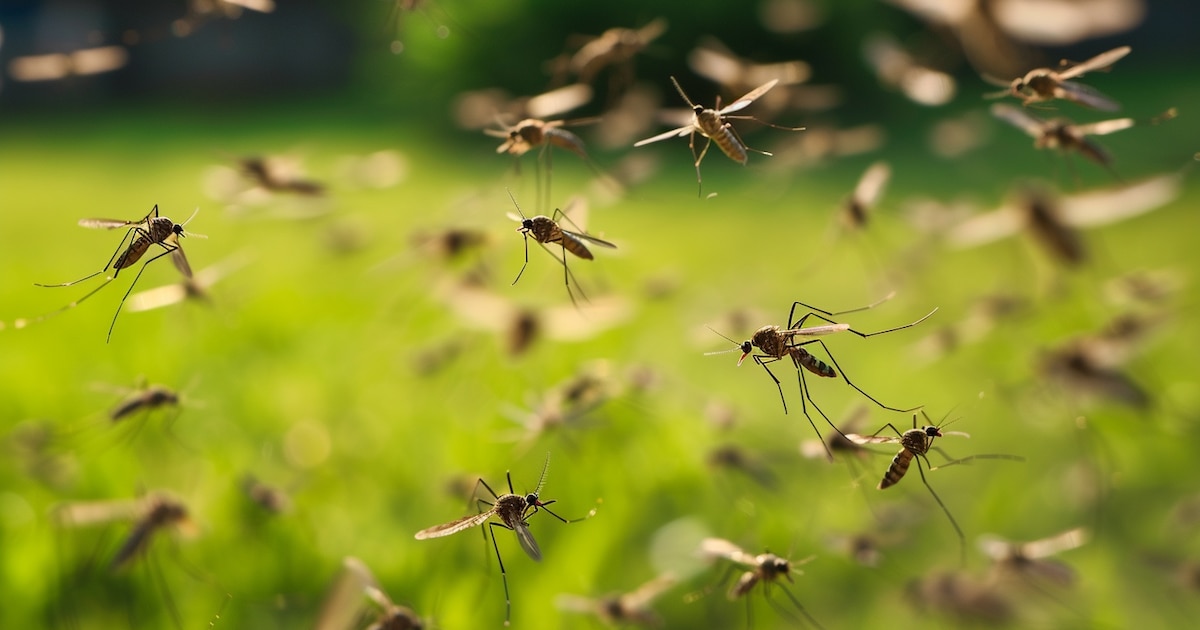
 www.infobae.com
www.infobae.com

What are the most effective repellents?
The repellents authorized by ANMAT contain different active substances such as DEET, Citronella, IR-3535 and icaridin.
These components are available in different presentations such as lotions, gels, creams, sprays. The application should be renewed according to the indications on the package of each product. In the case of children over two years of age, it is recommended to do it every 45 minutes if they are outdoors.
Are mosquitoes more resistant to repellent? According to biologist Laura Harburguer, a Conicet researcher at the Strategic Research and Development Unit for Defense (UNIDEF), "the use of repellents is necessary despite the fact that flooding mosquitoes, of the Aedes albifaciatus species, do not respond too efficiently to them".
The specialist warned that "according to our studies, the most effective component of the three available in the market is DEET. The different formulations that one can find on the market containing DEET range from 7% to almost 30%. This percentage is what will determine the duration of the repellent effect on the skin".

Prevention measures beyond repellent
- Avoid areas where mosquitoes are present.
- Place rigid screens, either metal or plastic, on doors and windows, making sure they are intact.
- Protect the baby's crib or stroller with mosquito nets when outdoors.
- Dress in closed shoes, hats and light-colored clothing, covering both arms and legs.
- Eliminate sources of standing water by emptying, covering, or turning over containers that may contain standing water.

Hasta cuándo puede extenderse la invasión de mosquitos en el AMBA
La especie Aedes albifasciatus es la dominante y por su estrategia de reproducción la situación puede prolongarse varias semanas, según los expertos consultados por Infobae



